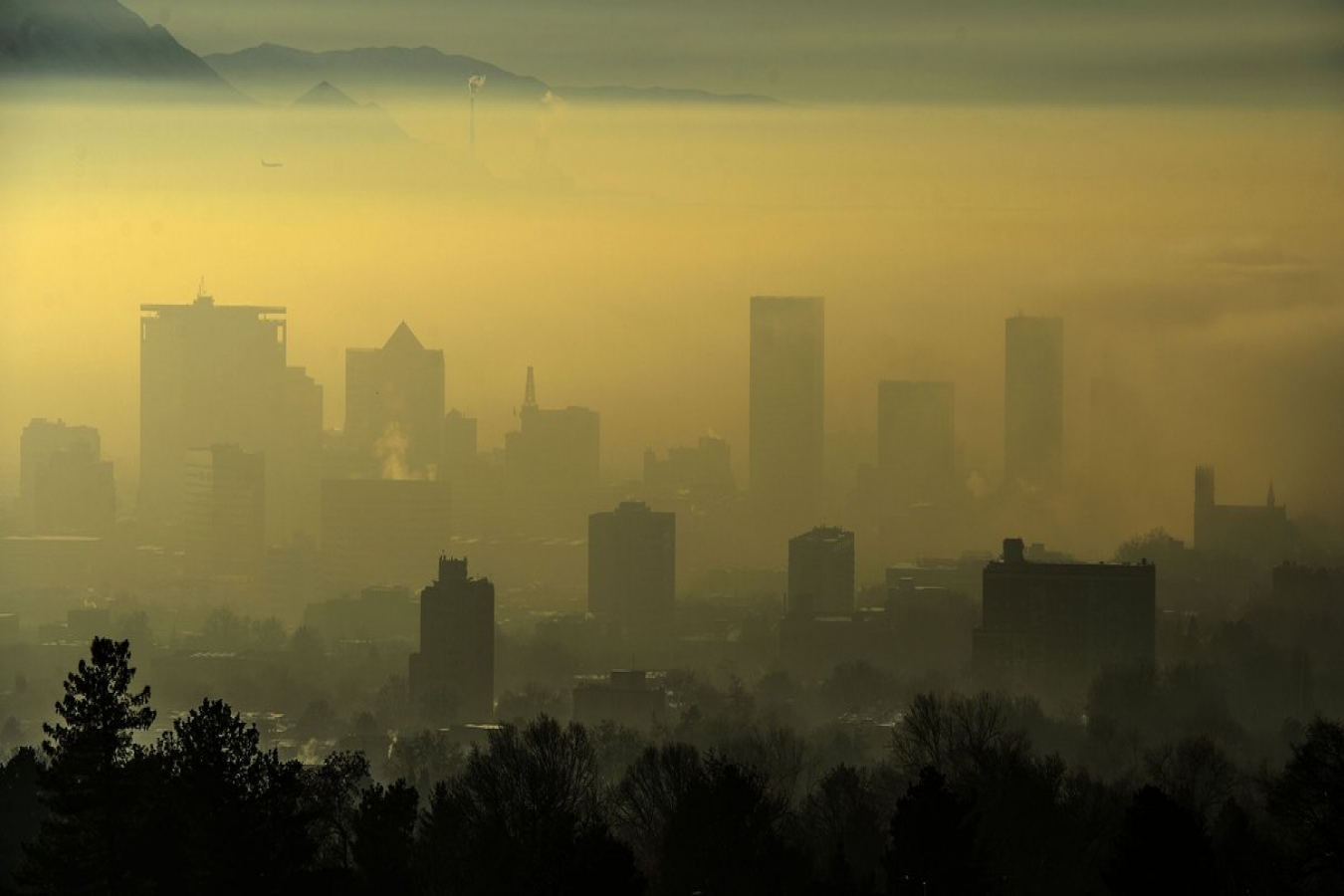


 5:17:47
5:17:47  2018-05-14
2018-05-14  1667
1667

We breathe in between 17,000-30,000 breaths per day on average, so there is plenty of opportunity for pollution to enter our lungs and affect us.
What is it?
Air pollution is when particles, gases or other things that are harmful to us or to the environment get into the atmosphere that surrounds us.
Why it is happening?
The amount and type of air pollution around us varies depending on where we live. Pollution from road traffic is the most significant cause of air pollution. It is estimated it could be responsible for up to 70% of air pollution. So if you live in a city or near major roads, you are more likely to be exposed to air pollution.
There are also other sources of pollution including:
What are pollutants?
Here’s the science… some of the main pollutants in our air are:
But does it really affect your health?
Generally if you are young and in a good state of health, moderate air pollution levels are unlikely to have any serious short term effects. If levels are high you could experience symptoms such as watery eyes, coughing, or wheezing. If you have asthma or any other breathing problems, air pollution could affect them.
However, it is the long term exposure to air pollution which is thought could lead to more serious symptoms and conditions affecting human health. These mainly affect the lungs, but can also lead to other conditions such as heart disease and cancer. One report estimated that 29,000 premature deaths a year could be caused by poor air quality in the UK.
What can I do?
Will it get better?
With research into green energies, plus the manufacture of electric cars and government schemes to introduce clean air zones reduce traffic - it is very possible that we might see a reduction in the amount of air pollution in our cities over the next few decades.
Remember to do your bit and watch out for ways your lifestyle could contribute to increasing air pollution. And if you don’t need to take the car, why not walk instead?
Reality Of Islam |
|

MXenes are

A newly dev

Get ready f

Researchers
 9:3:43
9:3:43
 2018-11-05
2018-11-05
10 benefits of Marriage in Islam
 7:5:22
7:5:22
 2019-04-08
2019-04-08
benefits of reciting surat yunus, hud &
 9:45:7
9:45:7
 2018-12-24
2018-12-24
advantages & disadvantages of divorce
 11:35:12
11:35:12
 2018-06-10
2018-06-10
 6:0:51
6:0:51
 2018-10-16
2018-10-16
 7:26:19
7:26:19
 2022-04-08
2022-04-08
 7:45:39
7:45:39
 2018-06-21
2018-06-21
 8:39:51
8:39:51
 2022-09-23
2022-09-23
 12:47:1
12:47:1
 2022-12-20
2022-12-20
 10:47:11
10:47:11
 2022-11-22
2022-11-22
 1:16:44
1:16:44
 2018-05-14
2018-05-14
 4:26:43
4:26:43
 2022-02-21
2022-02-21
 5:41:46
5:41:46
 2023-03-18
2023-03-18
| LATEST |